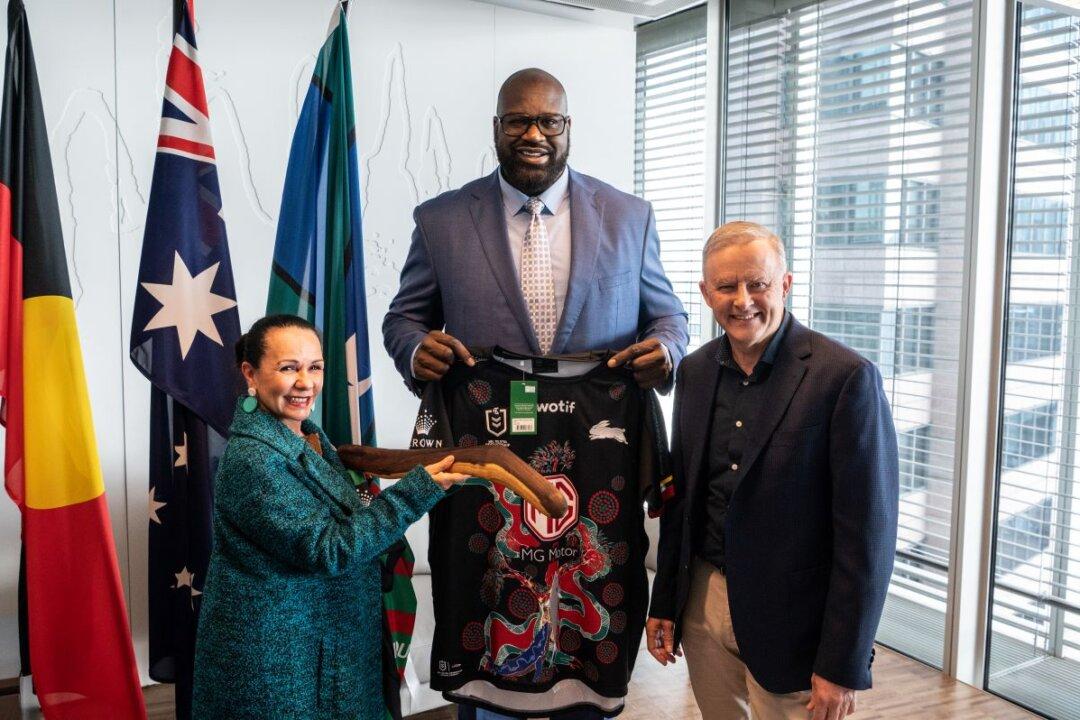Commentary
The referendum’s Yes campaign, initiated by the Albanese Labor government in Australia, heavily weaponised local and international celebrity endorsements.

The referendum’s Yes campaign, initiated by the Albanese Labor government in Australia, heavily weaponised local and international celebrity endorsements.